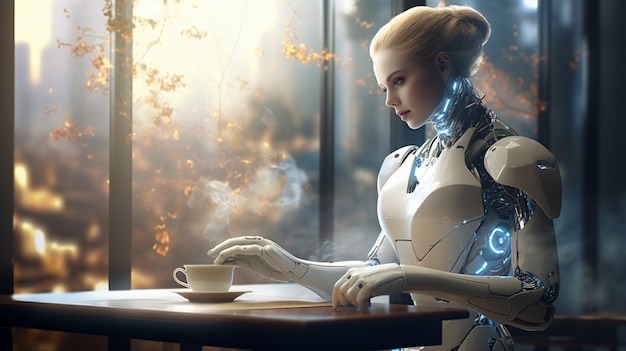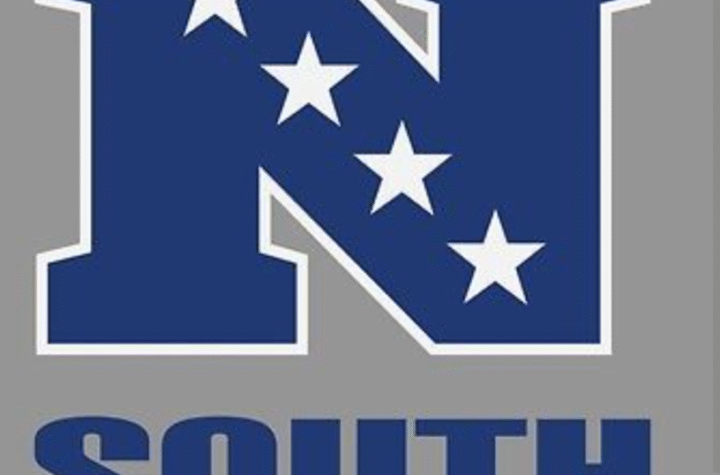
In our fast-paced, tech-driven world, AI seems to be everywhere. From tools that can customize your résumé to apps that write your cover letter, it’s clear that artificial intelligence is playing a massive role in how we work. But are we getting to the point where there’s too much AI? Is the oversaturation of AI apps starting to do more harm than good?
Artificial intelligence has transformed the way we approach many tasks. Need a résumé that stands out? There’s an AI app for that. Struggling to write a cover letter? Another AI tool can handle that, too. The sheer number of AI-powered apps on the market is mind-boggling. They claim to solve a variety of problems—from streamlining work processes to enhancing creativity. And while many of these tools are undeniably useful, the question arises: is there such a thing as too much AI?
While the surge in AI technology promises efficiency, the sheer number of tools available can be overwhelming. Every task, no matter how small, seems to have an AI solution attached to it. Need help scheduling meetings? There’s an AI for that. Looking for assistance in creating digital content? AI can handle that, too. There’s even AI for personal finance, relationship advice, and grocery shopping. But with every new app comes the issue of complexity and oversaturation.
For the average worker, navigating a sea of AI apps can be confusing. It’s easy to find yourself juggling multiple tools, none of which seamlessly integrate with one another. The result? Fragmented workflows and an overreliance on tech that doesn’t always produce the intended results.
One of the biggest criticisms of AI technology is its accuracy—or lack thereof. Sure, an AI app can whip up a résumé in seconds, but how often is it entirely accurate or tailored to your specific needs? An AI tool might help write a cover letter, but is it capturing your unique voice? The problem with relying too heavily on AI is that these tools can make mistakes, often producing content that’s too generic or irrelevant to the task at hand.
AI-generated work can also lack nuance. In creative fields, where a personalized touch is essential, an algorithm often can’t replicate the human element of storytelling or emotion. Even in more technical fields, AI isn’t foolproof—errors in data or flawed algorithms can lead to miscalculations, further complicating tasks rather than simplifying them.
Another downside of the AI explosion is the risk of losing the human touch in our work. AI apps can certainly handle many repetitive or time-consuming tasks, but is it healthy for our creativity and problem-solving abilities? If we’re constantly outsourcing everything to AI, are we slowly losing our skills?
AI, by design, is meant to assist and enhance our capabilities, not replace them. But as these apps become more sophisticated and accessible, there’s a risk of becoming overly reliant on them. It can be tempting to let AI do all the heavy lifting, but that might come at the cost of our personal growth and innovation.
The workplace is one of the key areas where AI is being integrated at an alarming rate. From HR departments using AI to screen résumés to project managers relying on AI for task management, AI is becoming a central part of the workday. However, the rapid adoption of AI apps doesn’t always mean improved efficiency.
In many cases, companies are finding themselves bogged down by too many AI solutions that don’t communicate with each other. The result? More time spent trying to manage the very tools that were supposed to make life easier. In addition, employees often need to undergo training to properly use these apps, which can further slow down productivity.
It feels like we’ve reached a point where there’s an AI app for almost everything, and it’s starting to feel a bit much. We’re all looking for ways to improve our skills and stand out in the job market, but sometimes it feels like maybe I shouldn’t even be applying for jobs anymore—maybe I should just create an AI app myself!
Everywhere we turn, there’s another AI tool designed to help us, whether it’s writing a résumé, crafting a perfect cover letter, or even deciding what we should eat for dinner. I wake up, and it’s like AI is supposed to tell me what to wear, how to plan my day, and even how to handle personal conversations. At some point, I just want to scream: no more AI apps!
But it makes me wonder—are these AI apps even profitable in the long run? Are we just buying into the next trend, only for it to feel like too much? Sure, there are some AI tools that are helpful, but at what point do we draw the line? When we let AI decide even the most basic things, are we really benefiting from it, or are we just letting these companies make money off of our reliance on tech?
The key to using AI effectively lies in finding a balance. While AI apps can be powerful tools, we shouldn’t rely on them for everything. Human creativity, judgment, and adaptability are irreplaceable qualities that no algorithm can fully replicate. AI should be used as an assistant, not a substitute for critical thinking.
In the end, AI has enormous potential to improve our work lives, but only when used appropriately. As more AI apps flood the market, it’s essential to evaluate which ones truly add value and which are simply adding to the noise.
Are we doing too much with AI? It’s starting to feel that way. A little restraint, combined with thoughtful integration, might be the key to ensuring AI enhances, rather than overshadows, our work.





More Stories
$267M Film Hub in San Marcos Inches Toward Reality
The Sims Farms Continues Sustainability Push with New Wine and Tea
Piedmont Park: Envisioning Atlanta’s Premier Greenspace of Tomorrow